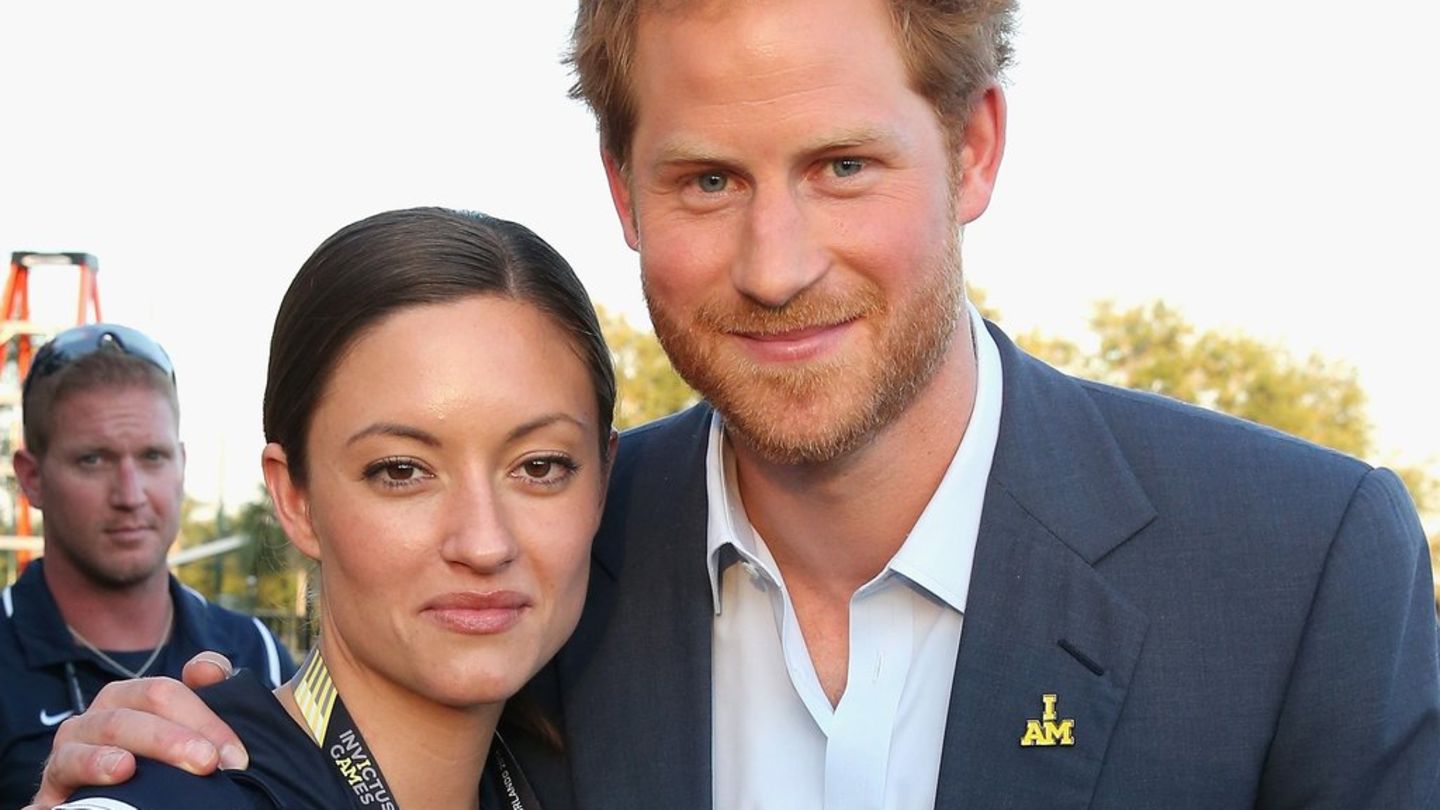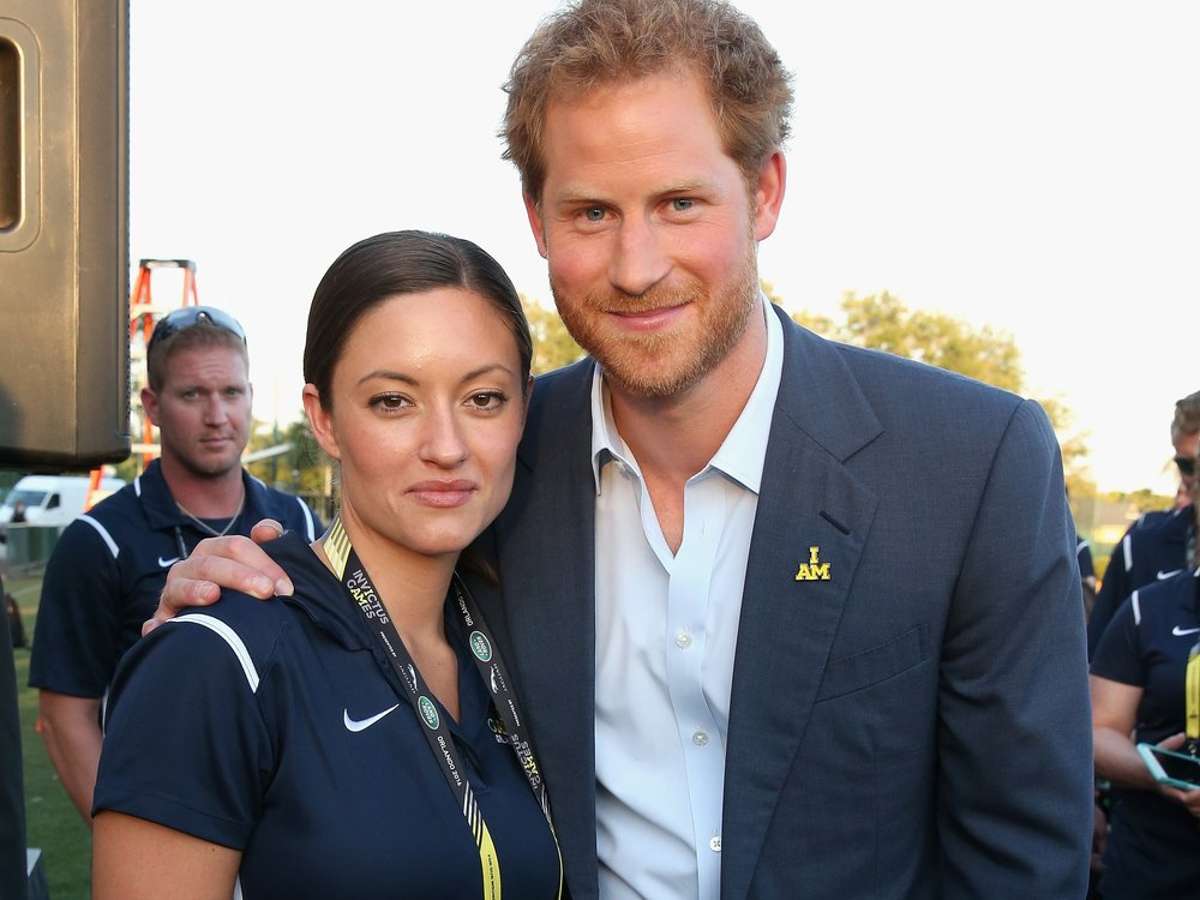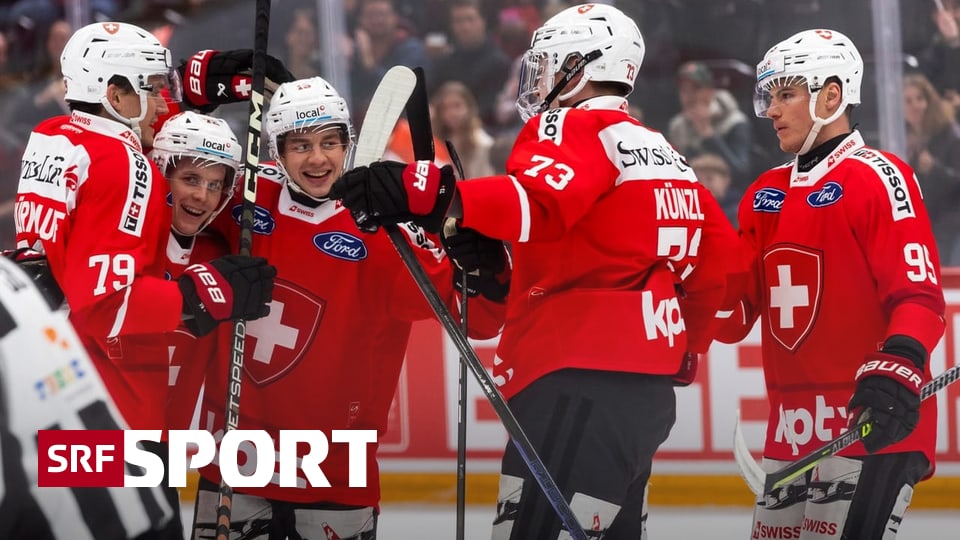A new research project titled “UncertainTEAM – Appropriate communication to the target group about scientific uncertainty in multiple crises. The research team studies how journalism and science communication deal with scientific uncertainty and how this uncertainty can be communicated to target groups and with an eye to social crises. The Federal Ministry of Education and Research (BMBF) is funding the project with approximately 600,000 euros over the next three years.
“Science is always fraught with uncertainty: there are gaps in knowledge, measurements are imprecise, there is often no consensus among scientists, and, in principle, we never know whether scientific results will turn out to be wrong at some point. That’s what we are.” “As researchers have to do every day and also get corresponding feedback from residents about our own research,” explains John-Prof. Dr. Fabian Prochazka, head of the new project. “We now want to know how best to convey this uncertainty.” Plays The topic plays a central role in all disciplines involved in the IPB: sociology, for example, asks about the conditions and consequences of social uncertainty, psychology investigates how it is perceived and managed, and health communication and communication sciences investigate how uncertainty is communicated and addressed. Fellow educational researchers address communicating scientific ambiguity, especially in the educational sector.
For Fabian Prochatska personally, it is precisely this interdisciplinary collaboration that attracts this research project: “We combine five disciplines and at the same time also combine the Erfurt Experimental Research Laboratory (ErfurtLab) with methodological expertise. The special thing about this is that we achieve Systematically for the first time how different social groups relate to scientific uncertainty and which forms of communication have which effect on which group How can you communicate scientific uncertainty to science skeptics without increasing the loss of trust? Or How can you create critical awareness among people who blindly trust science “And create an understanding of uncertainties? To this end, we combine basic research with applied questions, and we also want to derive very specific, evidence-based recommendations for action to communicate scientific uncertainty.”
In addition to June-Prof. doctor. Fabian Prochatska also scientific assistants Venga Augsburg and Holger Futterlieb, Prof. Dr. Guido Malkoub, Dr. Eva Thom, Prof. Johannes Bauer, Professor Dr. Cornelia Beach, Dr. De Sabine Best and Dr. Myriam Jenny, Prof. Dr. Tilman Beach, as well as Professor Dr. Babette Brinkmann (TH Cologne). They are supported in their work by practical partners such as: Scientific Media Center. Their common goal is to find out how the population views scientific and social uncertainty and which social groups deal with it and how. At the same time, the team is looking at how journalists and science communicators deal with uncertainty, how they present it and why they choose certain ways to present it. Prochazka: “Based on this, we want to develop different ways of representing scientific uncertainty, the effects of which we will test in experimental studies. As a result, we will be able to make recommendations for successfully communicating scientific uncertainty. Such communication ‘successes’ for us are if: 1) Creating an understanding of scientific uncertainty as an important and productive part of science, 2) facilitating acceptance of scientific results, and 3) promoting informed and critical trust in science and its intermediaries.
The research team works with a mixed-methods design, which initially involves a large, representative survey to identify social groups and how they cope with uncertainty. At the same time, qualitative interviews are conducted and group workshops are organized with science journalists and publishers, which aim to provide insights into their understanding of uncertainty, but also to convey the criteria for “good” uncertainty communication. Workshops with citizens will then reflect on this before developing the first “prototypes” of different ways of representing scientific uncertainty. Finally, the research team creates different representations and formats to convey uncertainty and uses experimental studies to test how it is perceived and influenced.
Fabian Prochazka’s team will regularly present the progress and results of their work at scientific conferences and publish them in journals. In addition, an “Uncertainty Toolkit” is planned, which prepares key findings for communicators and provides specific recommendations on how best to communicate scientific uncertainty in relation to different target groups.

“Alcohol buff. Troublemaker. Introvert. Student. Social media lover. Web ninja. Bacon fan. Reader.”







More Stories
Pluto: Astrophysicists have now found a scary explanation
“Time seems to cure long Covid.”
Science: The use of artificial intelligence is changing the way hospitals operate